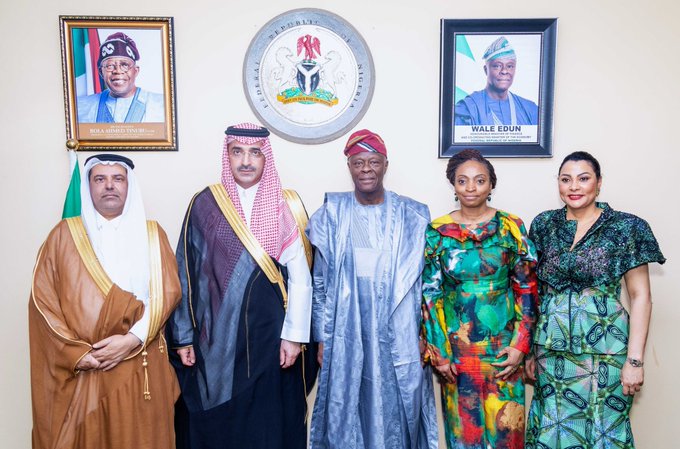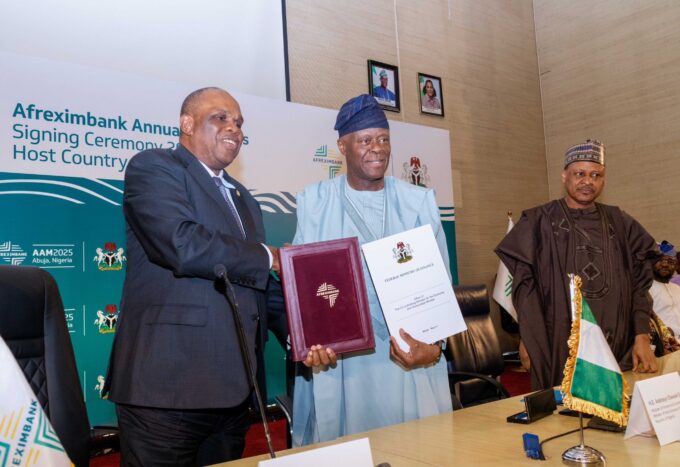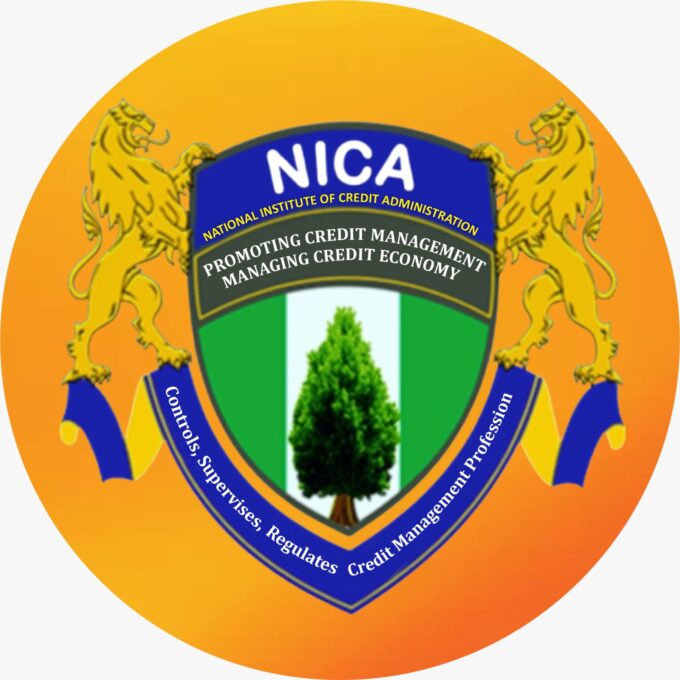The Federal Government has said it will increase Foreign Direct Investment into Nigeria from $1.5bn in 2022 to $5bn by 2025, while improving the country’s Ease of Doing Business ranking from 131st to 100th.
This projected growth in FDI represents a 233 per cent increase.
The government disclosed this in its ‘National Development Plan 2021-2025: Volume I’, which was launched recently. The government stated the planned FDI growth in a table in the NDP.
According to the Federal Government, the economy is not performing well due to numerous challenges affecting the business environment.
The NDP read in part, “By 2025, Nigeria expects to improve its Ease of Doing Business ranking from 131st to 100th and its WEF global competitiveness ranking from 116th in 2019 to 100th by 2025. It requires a concerted effort in eliminating a range of business environment impediments to increase private sector activity, job creation, investment flows and productivity.
“Nigeria’s business environment must be agile, less bureaucratic, and cost-effective to support general business operations. By 2025, Nigeria would have also laid the foundation for an export-led economy and increased the contribution of non-oil exports by introducing effective trade policies and strategies.
“Nigeria plans to make effective and proactive policies and strategies to advance its trade potential and create new markets for ‘Made in Nigeria’ goods and services, completely digitise and automate trade processes and increase the contribution of non-oil exports.”
In the plan for national development, the Federal Government said the cost of doing business had been negatively impacted by deficiency in energy infrastructure, transportation infrastructure, regulatory gaps such as conflicting government policies, ineffective enforcement of rules and regulations, and multiple taxation.
The, according to the government, has implications on economic growth and development of the nation, adding that the nation’s business environment is struggling for competitiveness, investment flows, private sector activity, and job creation.
As a result, the Federal Government said the nation’s trading potential was being hampered by the weak business environment driving up the cost of production.
It said, “Nigeria can improve on its trading potential and overall competitiveness by easing constraints in its business environment. There is an opportunity to build on existing progress made by the Presidential Enabling Business Environment Council to automate and improve the quality of existing integrated and industrially relevant processes. In addition, the National Quality Policy will improve Nigeria’s trading potential and overall competitiveness through improved products and services.”
The government, however, added that it would build on recent improvements in its business environment through targeted initiatives to harmonise regulations and eliminate constraints in infrastructure.
According to it, this will improve its competitiveness and strengthen trade between Nigeria, the Economic Community of West African States, and other international trading partners.
Source PUNCH














